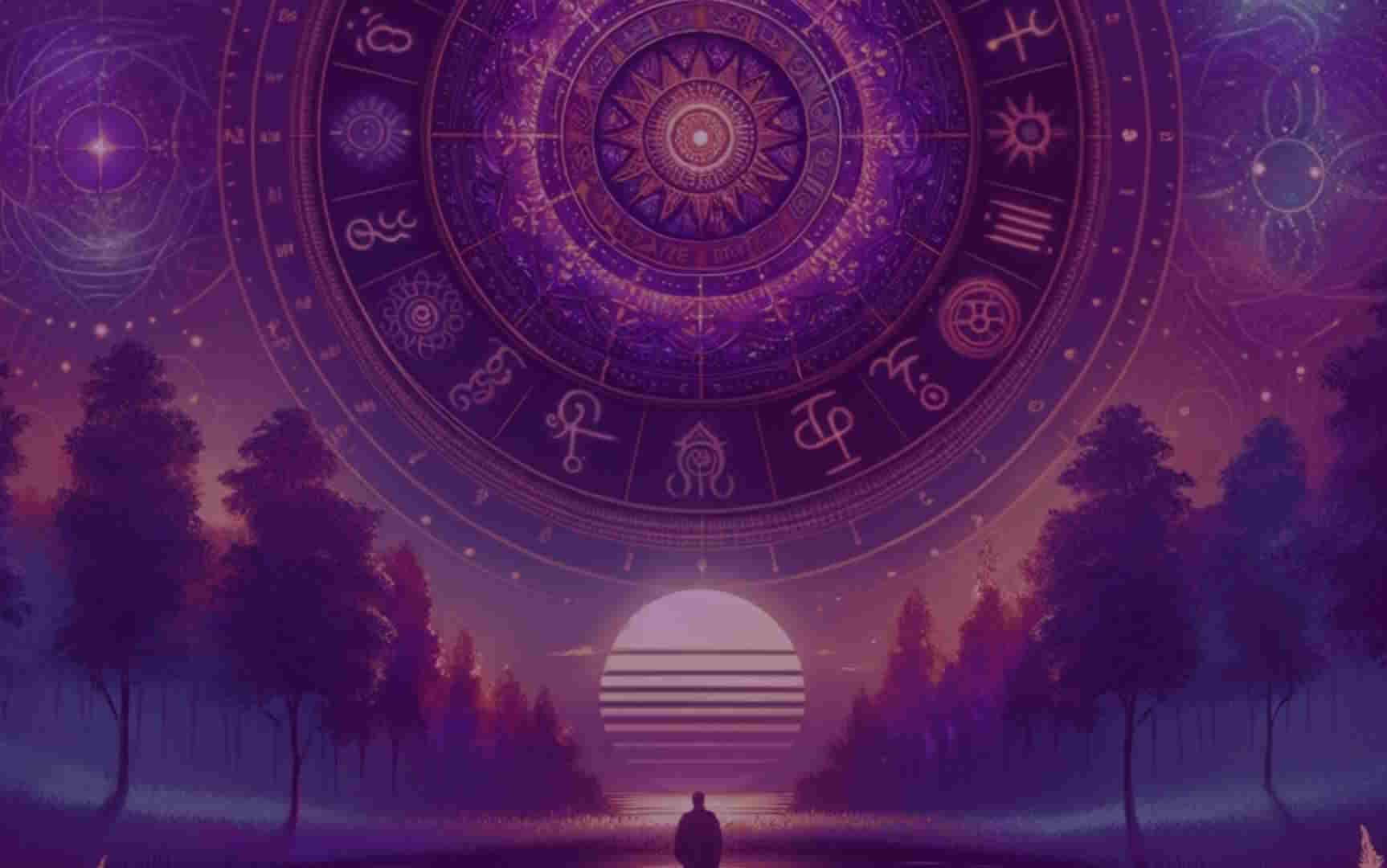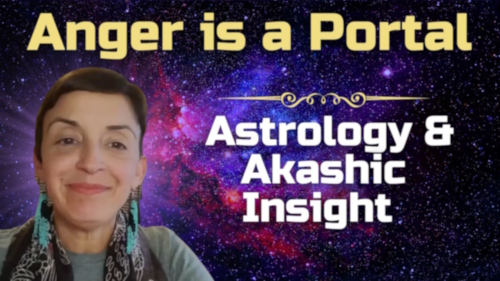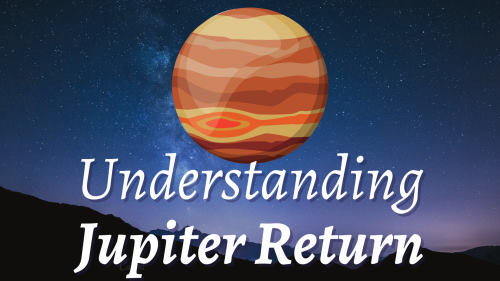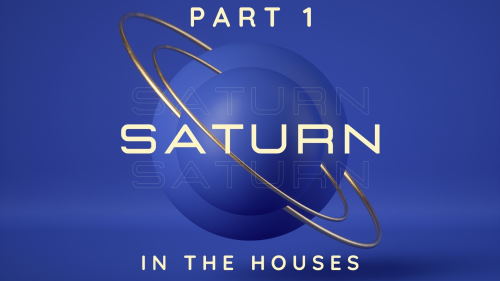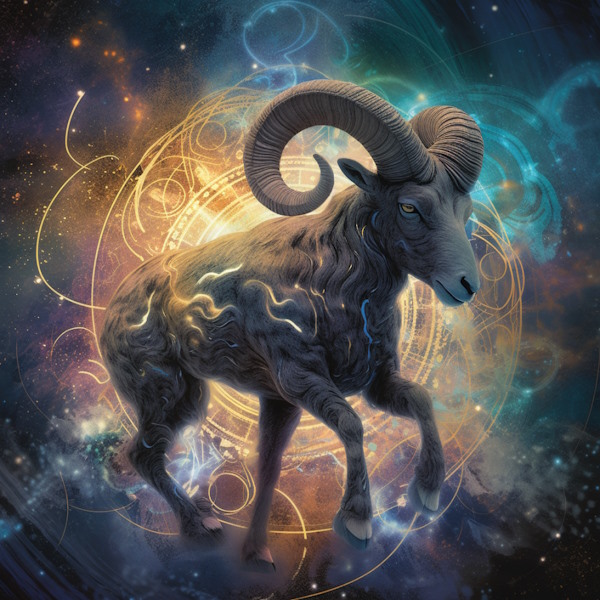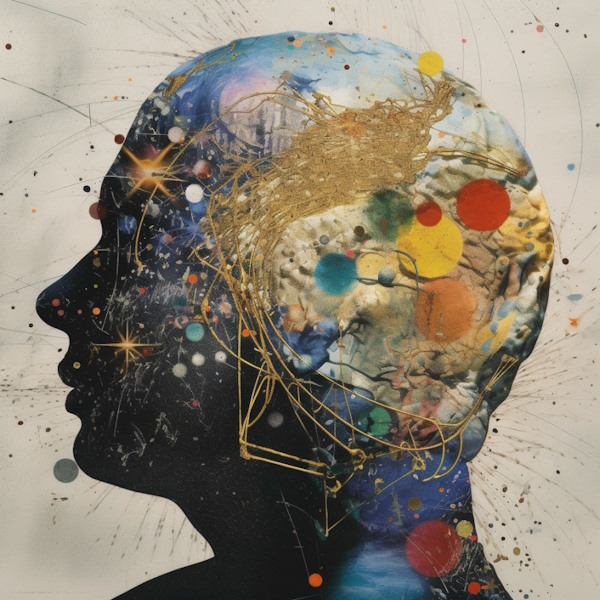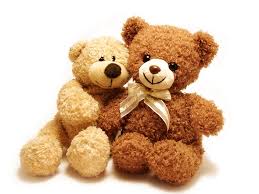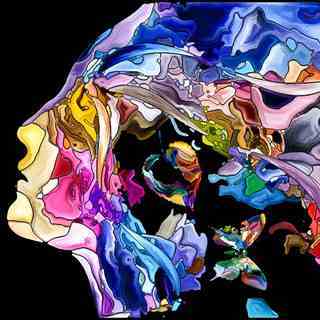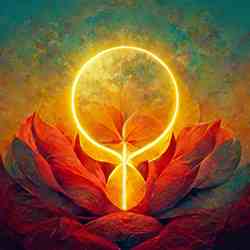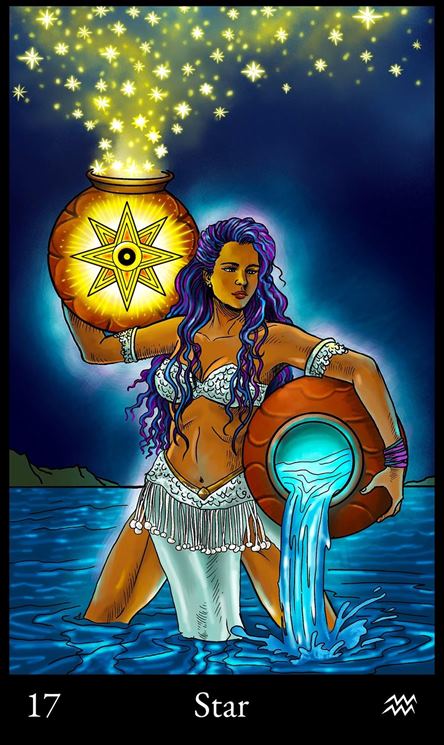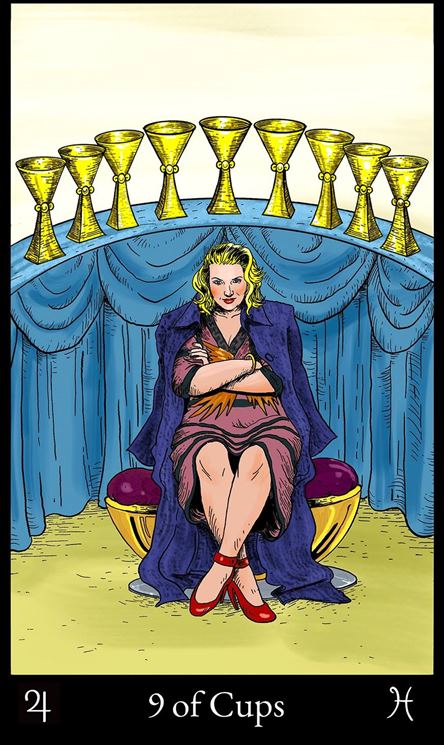Ceres Square Uranus ~ Synastry Aspects
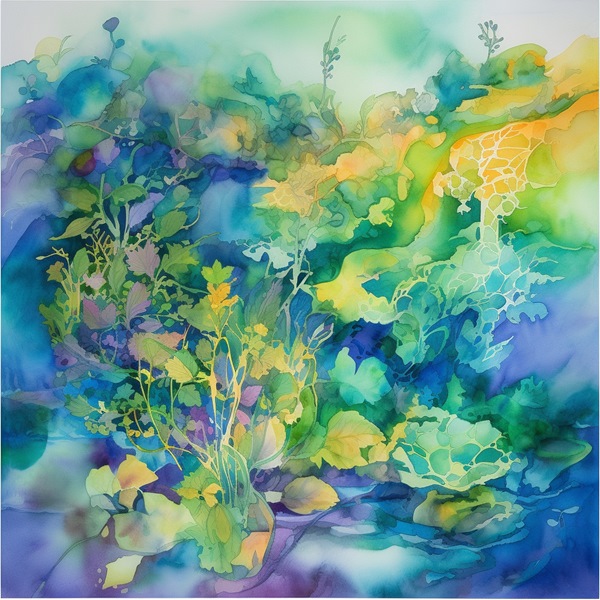
"In the dance of nurturing and independence, I embrace the delicate balance, honoring both my need for support and my partner's desire for autonomy."
- Reflecting on nurturing and independence
- Deepening understanding through dialogue
Ceres Square Uranus Opportunities
- Reflecting on nurturance and independence
- Exploring patterns and beliefs
Ceres Square Uranus Goals
Ceres Aspects
Ceres' Nurturing Embrace in Synastry
Ceres, named after the goddess of agriculture and motherly love, symbolizes the themes of nurturing, care, and sustenance in astrology. When Ceres from one person's chart makes contact with significant points or planets in another's, it evokes a deep sense of care, protection, and mutual growth. Such interactions can spotlight the ways in which two individuals provide for one another, both emotionally and physically, revealing patterns of caregiving, emotional sustenance, and shared routines.
Navigating Bonds of Care with Ceres
In the realm of synastry, Ceres can indicate a relationship infused with a unique blend of maternal or paternal care. This could manifest as one person providing emotional support, or both individuals fostering a shared environment of safety and growth. However, strong Ceres contacts might also bring up issues related to dependency or the balance of giving and receiving care. By acknowledging and understanding Ceres' influence, couples can cultivate a relationship built on mutual nurturing, ensuring that both parties feel cherished and sustained.
Ceres Square Uranus Meaning
As you explore the synastry aspect of Ceres square Uranus in your relationship, you are invited to ponder the dynamic interplay between nurturing and independence. Ceres represents the archetype of nurturing, caretaking, and the mother-child bond, while Uranus symbolizes rebellion, freedom, and unconventional thinking.
This aspect suggests that there may be tension or challenges in finding a harmonious balance between these two energies. You may find yourselves caught between the desire for emotional security and the need for personal autonomy. It is a call to reflect on how you both navigate the delicate dance between giving and receiving support, while honoring each other's need for individuality.
Consider how your own upbringing and early experiences of nurturing have shaped your expectations in relationships. Are there any patterns or beliefs that may be inhibiting your ability to fully embrace your own independence or support your partner's autonomy?
By acknowledging and discussing these dynamics openly, you have the opportunity to deepen your understanding of each other and find creative solutions that honor both your need for nurturing connection and the freedom to express your unique selves.
Ceres Square Uranus Keywords
For more information on your birth or transit aspects to discover your true potential, check out our captivating, interactive, and completely free love report. Learn how your empathetic nature shapes your interactions and enriches your relationships.
Our intuitive, user-friendly layout guides you through each aspect of your spiritual vision, making it effortless to pinpoint areas where you might need guidance in decision-making. By using your precise birth details, we ensure unmatched accuracy, delving deeper with the inclusion of nodes and select asteroids. Experience insights and revelations far beyond what typical reports and horoscopes offer.


